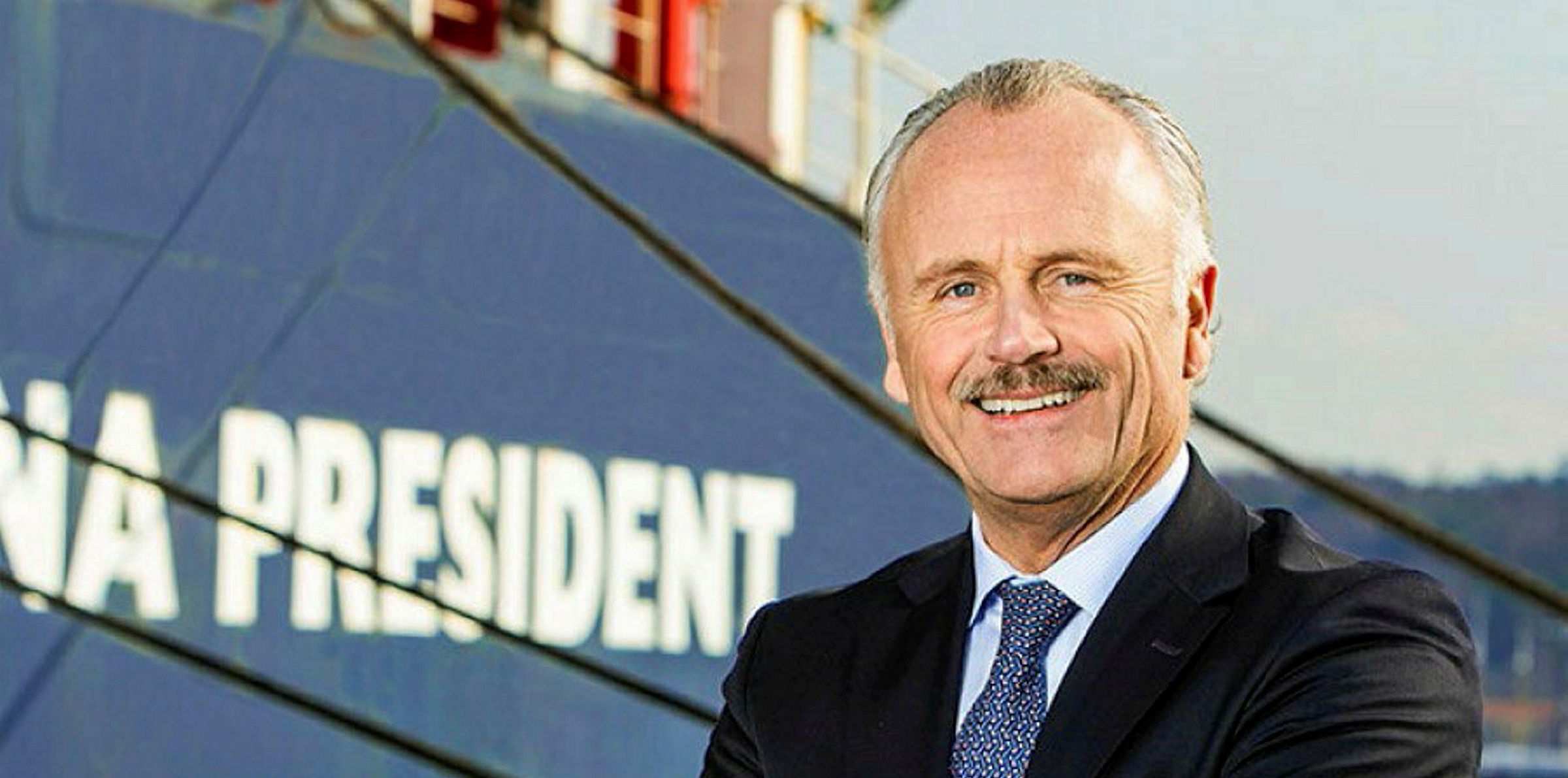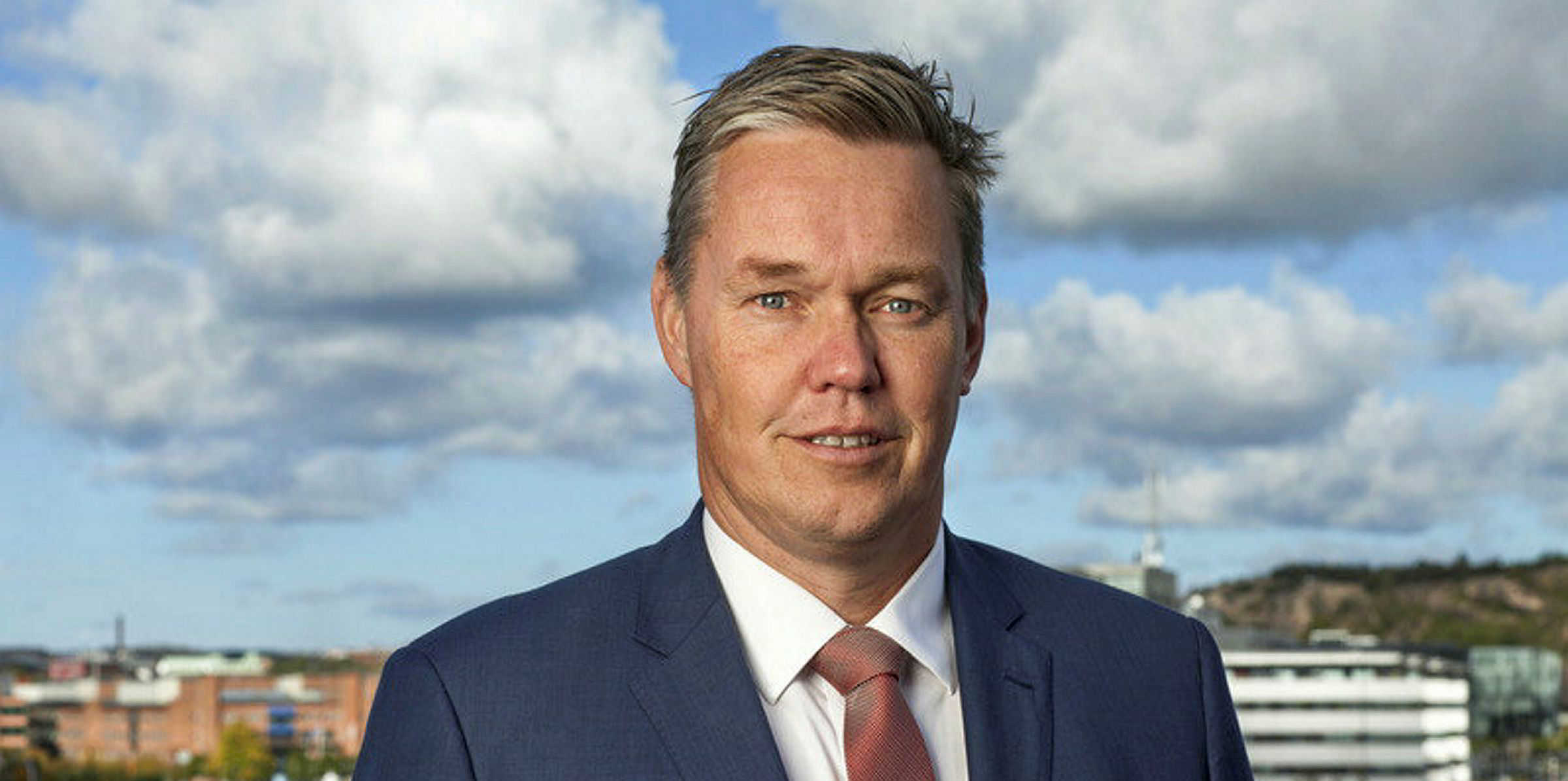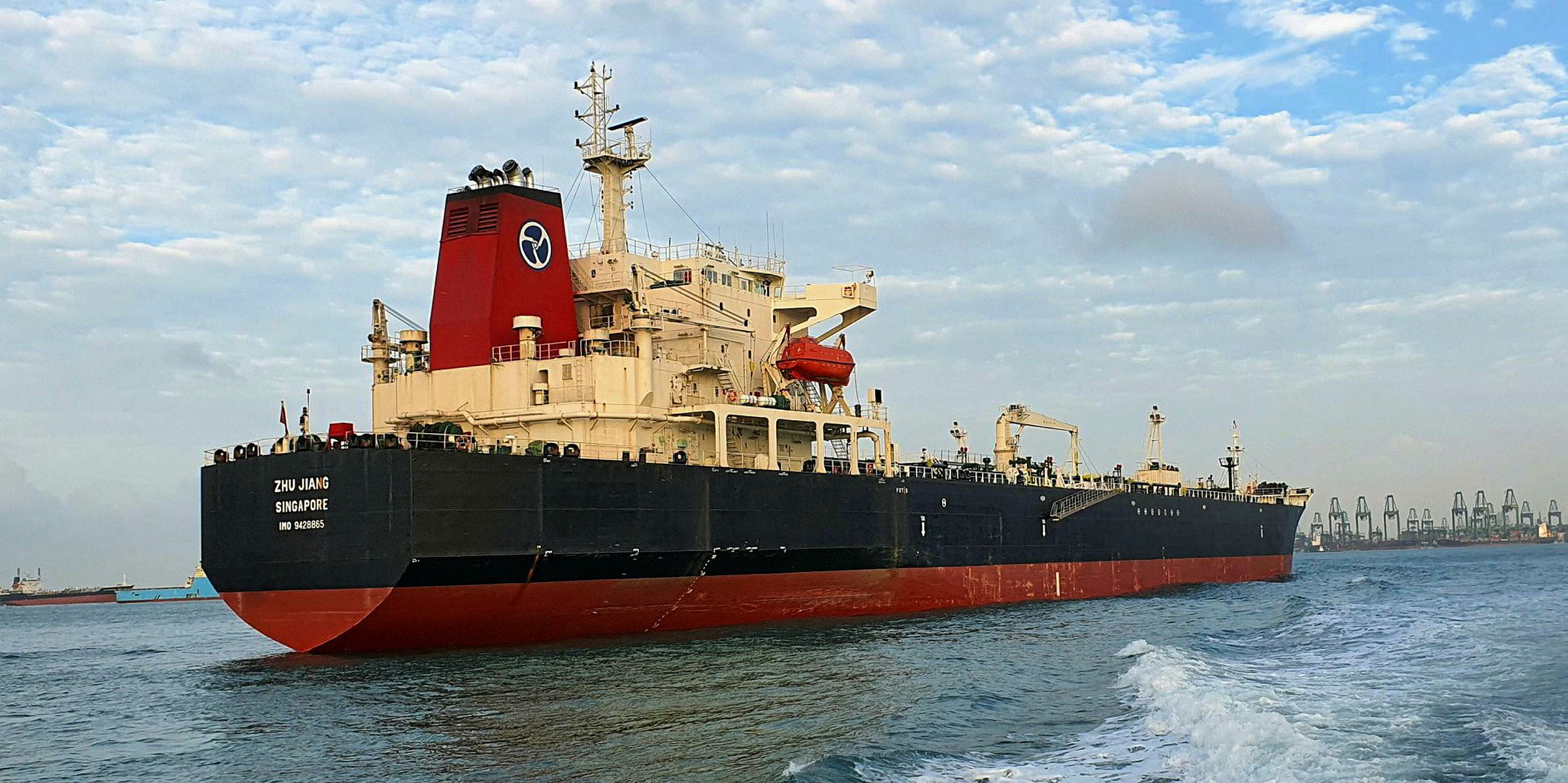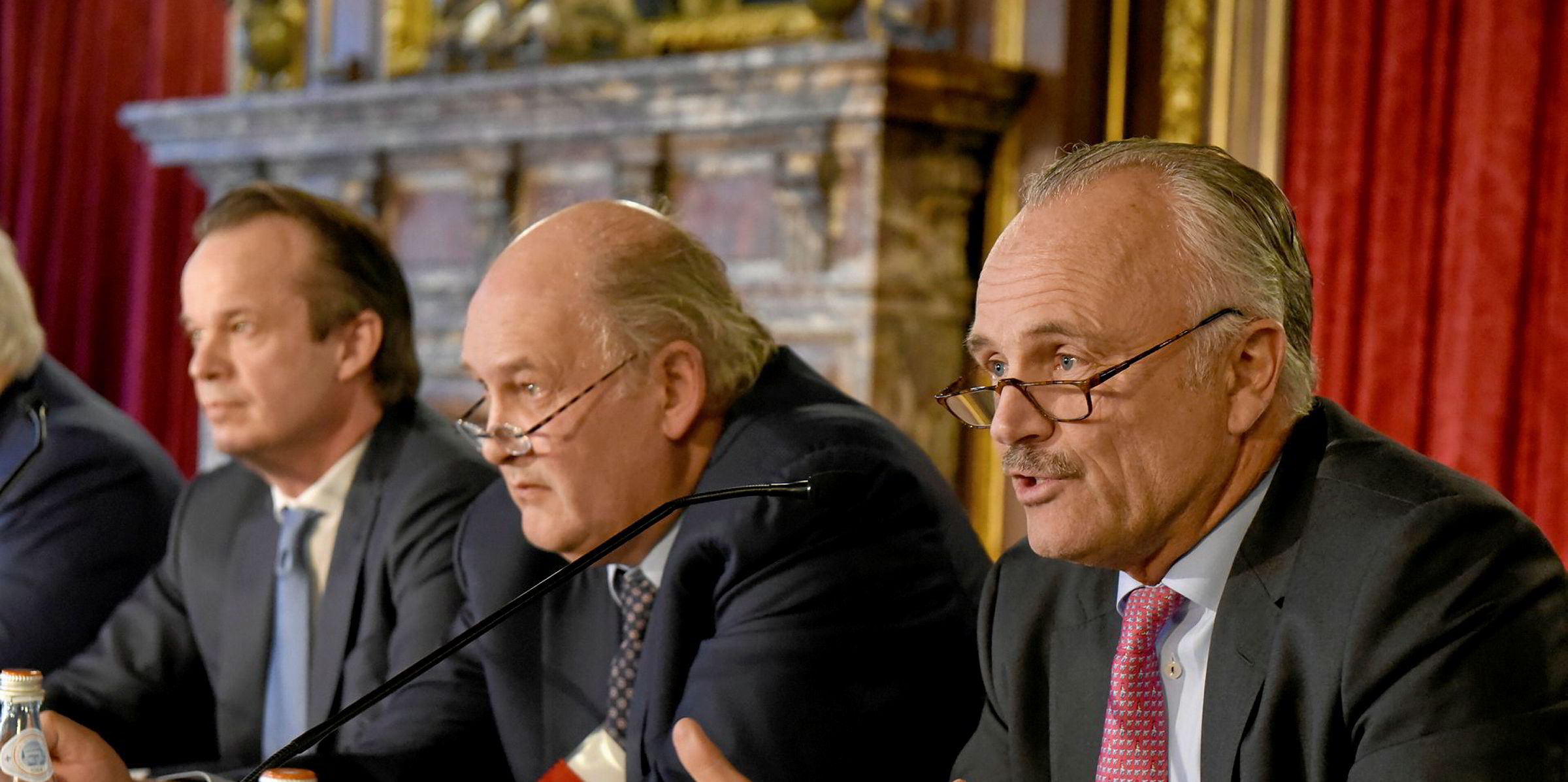Product tanker owners can look forward to fewer rate headaches next year as markets recover from a third quarter slump, according to Concordia Maritime chief executive Kim Ullman.
The Stena-controlled shipping company endured a tougher three months to 30 September as rates came off massive peaks earlier in the year caused by the oil glut and storage contracts for vessels.
Ullman said the quarter had played out as the company predicted it would.
"We were accused of being a bit too negative, but man, the way things went in March, April, May, when things were much too rosy to be true, that had to come back, that had to come down," the CEO told TradeWinds.
"So now it's Sunday morning, 8 o'clock, and you have a total hangover, the party's over, the party was over in the spring."
Ullman added: "And now we need to cure it and take care of it, and we are curing it."
He explained the cure is a production cut and the drawing of oil from stocks, "finally, finally, finally."
Ullman added: "We need to get rid of that bank of oil in the inventories. We expect that to happen sometime over the next six months."
Consumption recovering
Then products will have to be moved more on ships, the CEO said. "It's as simple as that," he added.
Ullman said demand will definitely be better into 2021, considering the low levels in the spring during lockdowns.
Consumption is going up day by day too, the executive believes.
This had plunged from 100m barrels per day (bpd) to 80m bpd during the first round of lockdowns earlier this year.
"Now we're back to 94m bpd. We have a tanker fleet designed to cater for 98m to 100m bpd, if you generalise," Ullman told TradeWinds.
Seeking a balance
There was market equilibrium a year ago, with the tanker fleet making good money, the CEO said.
He now believes there is a likelihood of getting back to 100m bpd of consumption in the next year.
"But you always have to put in a disclaimer these days. Is this corona version two going to be heavy or light? Is there going to be corona number three? Probably not if the vaccine comes," Ullman said.
The product tanker orderbook stands at its lowest level for more than 25 years, at 6% of the world fleet.
Including the expected phasing out of tonnage, fleet growth in 2021 is expected to be only about 2% to 3%, Concordia said.
Hesitation over new orders
Asked if there were any signs of new ships being ordered to spoil this scenario, Ullman said this was "not happening as we speak. I don't see any signs of it, out of respect for the bad market, for the uncertainty around corona, and uncertainty around what type of engines and fuel types we are going to order."
And he added: "There's hesitation there, and there's hesitation from the banks too."
But Ullman warned: "We've said that before and things can turn around, but it seems that they're slow to turn around this time, which is so good, because we need to have that orderbook way under 10%, and we are, so let's for heaven's sake stay there."
Concordia has four of 13 ships on period charters. These are four of its 10 P-MAX product carriers.
"Of course, ideally I would have liked to see more on charter. We're continually looking and chasing; we might bang in one or two more over the next few months," Ullman said.
Crew change situation much improved
Concordia posted a net loss of SEK 35.9m ($4.04m) in the three months to 30 September, against SEK35.6m a year ago.
Total revenue dipped to SEK 210.7m from SEK 259.2m.
The company has "got over the hump" of crew changes, according to the boss, with the situation for crew described as much better than before.
He admitted things are still "not perfect in many ways", with certain areas of the world remaining exceptionally difficult to swap out seafarers.
"But the ships are trading around the globe. There have been opportunities and there will be opportunities, so it's not as bad as it was," Ullman said.
Concordia had available funds, including unused credit facilities, of SEK 438.5m at the end of the period.






